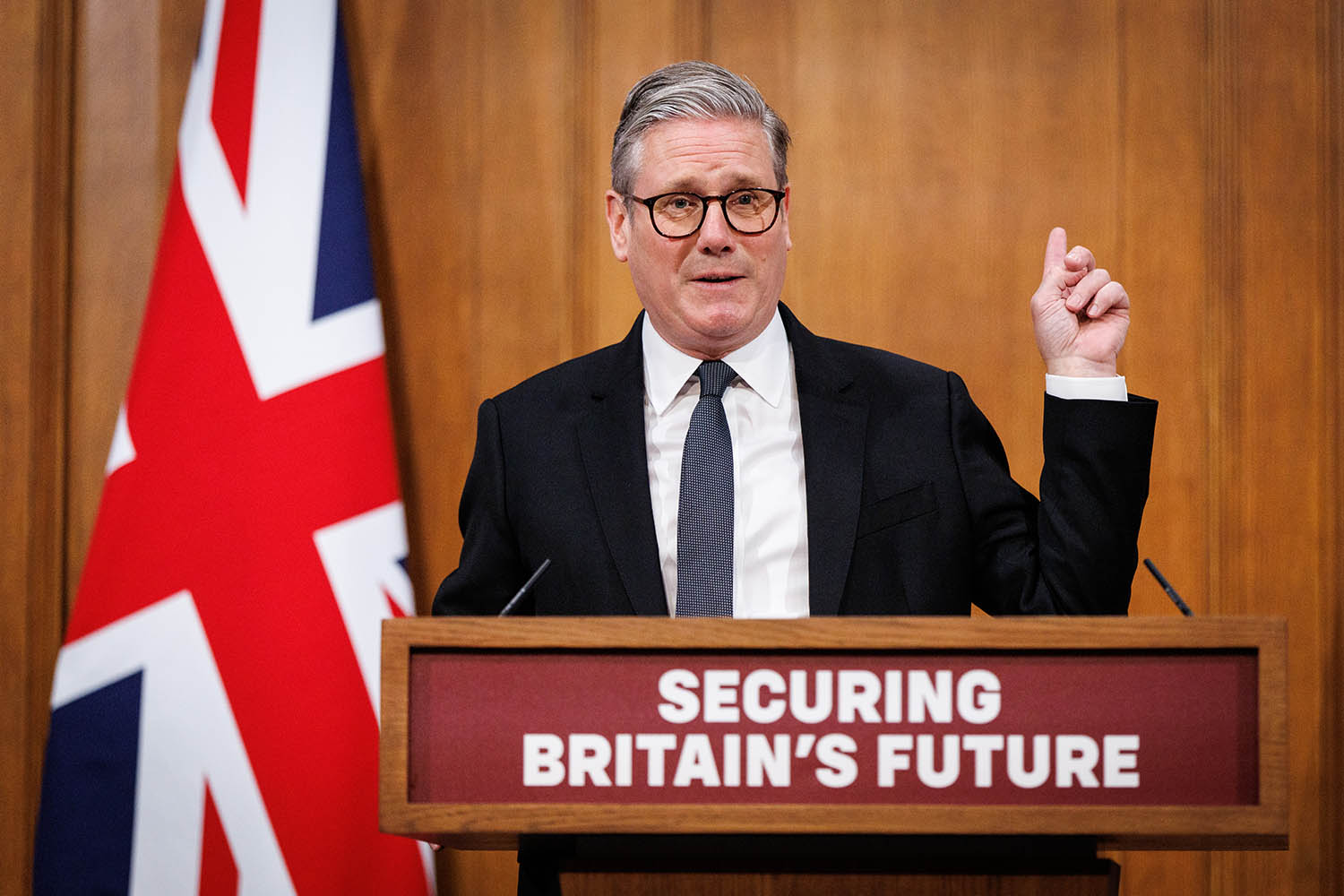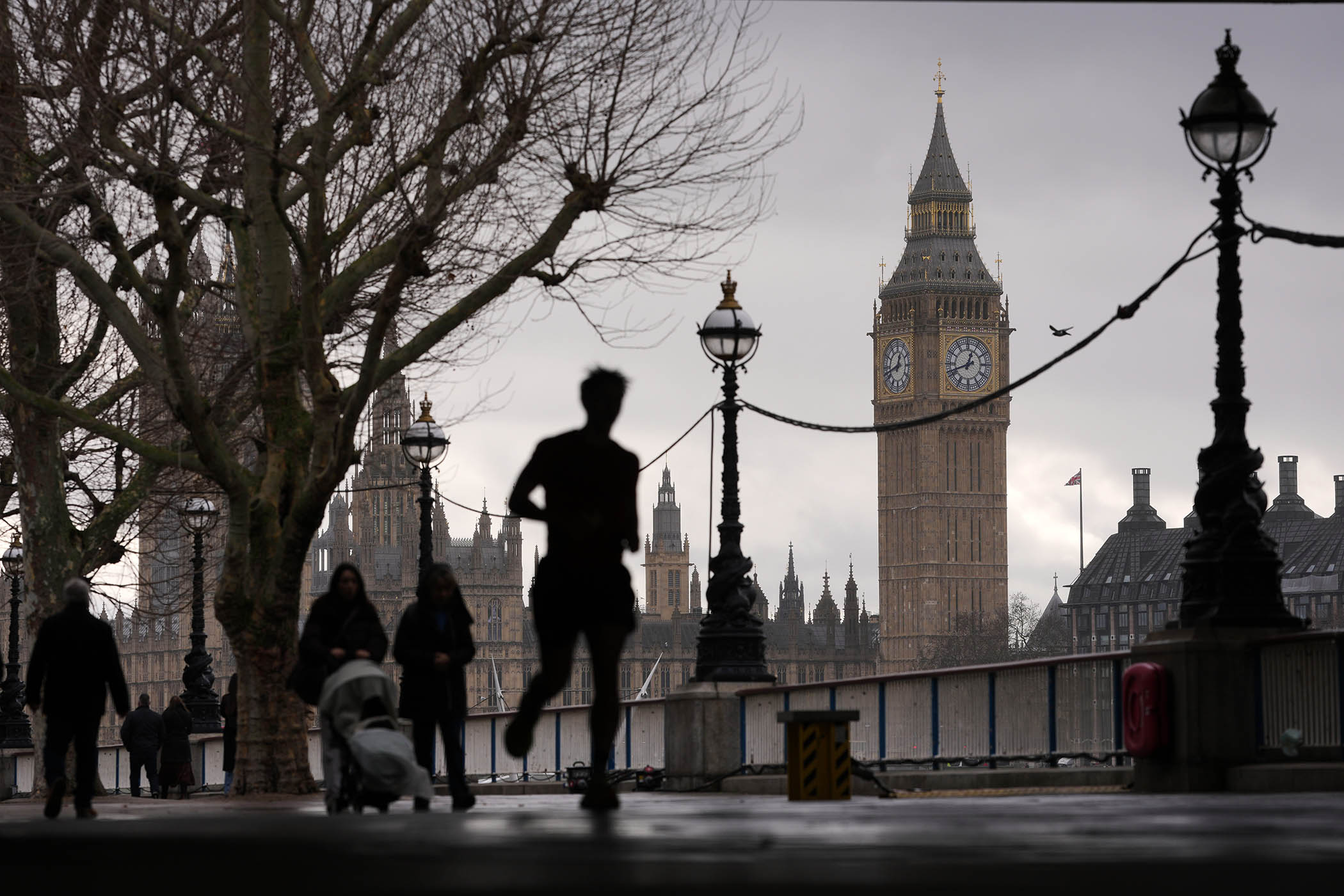Even as he was reading out the words declaring that Britain was in danger of becoming an “island of strangers”, Keir Starmer felt uncomfortable. He almost cancelled the press conference that was due to be held after his speech.
When ITV’s political editor Robert Peston asked a long-winded question, the prime minister closed his eyes and muttered, almost under his breath, “We’ve just got to get through this.”
In the days after the “island of strangers” speech, Downing Street repeatedly defended the controversial words, which critics said had echoes of Enoch Powell’s warning in 1968 that Britons risked becoming “strangers in their own country”. Ministers were sent out to back the prime minister and Starmer himself was defiant in the face of criticism. But it turns out that he never agreed with the language he used.
He has now admitted in an interview for The Observer that he “deeply regrets” using the phrase. “I wouldn’t have used those words if I had known they were, or even would be interpreted as an echo of Powell,” he tells his biographer, Tom Baldwin. “That particular phrase – it wasn’t right.”
Although emphasising he is not making excuses and blames no one but himself, Starmer says he was distracted because the night before there had been an arson attack on his Kentish Town home. He admits he should have read the speech properly and “held it up to the light a bit more”.
Since his comments were published on The Observer website on Friday, the backlash has been fierce among some in Downing Street and the wider Labour Party. One usually loyal MP says he is “so angry” about Starmer’s comments. “He’s the prime minister of the UK, not a spectator of his own political arguments. He looks weak, directionless, and appears to repeatedly throw different people who’ve worked for him under the bus.”
After the BBC said the interview was being met with “total fury” by allies of the prime minister, Alastair Campbell, Tony Blair’s former director of communications, posted on X: “If I read between the lines people who work for Keir Starmer are briefing against him because they don’t like him saying and doing things they wanted him to. This is nuts. There can only be one boss in No 10.”
Baldwin is adamant that Starmer’s admission of regret was deliberate. He says: “It was very clear that the PM wanted to say this and subsequent exchanges with him have reinforced that. I think it had been on his mind ever since the press conference that the ‘strangers’ line was wrong – it wasn’t what he believes, it’s just not the sort of thing he would say. Sometimes political leaders think doubling-down on errors makes them look tough. And there is always part of the media who fetishise that ‘there is no alternative’ Thatcher stuff. My own view is that being able to admit a mistake is a sign of strength. Smart people change their mind when they find better ways of doing things. Why do we expect smart leaders to behave any differently?”
A year after being elected in a landslide election victory, Starmer is becoming more determined to impose his will on his Downing Street team, rather than allowing his political character to be shaped by apparatchiks.
In the paperback edition of his biography, out next month, Baldwin says Starmer decided after the Runcorn by-election, and local elections, to take a “strong grip”. When an apparently well-sourced news report suggested the education secretary, Bridget Phillipson, would be sacked, he called her to say it was not true.
Newsletters
Choose the newsletters you want to receive
View more
For information about how The Observer protects your data, read our Privacy Policy
He stamped out talk of feuding around his policy team and pushed back hard on any criticism of net zero. Starmer tells Baldwin, who worked for Ed Miliband when he was Labour leader: “The briefings against Ed have been really irritating – none of that is coming from me. I believe in clean energy and we should champion what we’re doing.”
He cites other policies – “nationalising railways, wage rises for the lowest paid” – that should be shouted louder from the rooftops. “We should show we’re proud of all that.” The expression of regret over the “island of strangers” speech followed the prime minister’s decision to order a U-turn on winter fuel payments for all but the wealthiest pensioners. Baldwin says this was “against the wishes of some senior aides”. He also shifted on welfare reform and has told cabinet ministers he wants to scrap the two-child benefit limit.
In the new edition of the book, the prime minister insists that Labour must not chase after Nigel Farage but he also says he has no intention of going back to the left-wing policies that preceded his leadership. “We lost with a progressive offer four times in a row because we became too distant from working-class people on things like immigration,” he says. “They had lots to tell us and we wouldn’t listen because we thought we were right and they weren’t. That needed addressing and it’s got nothing to do with Reform. It’s what Labour’s about and we will own it on our terms.”
Photograph by Tolga Akmen/EPA/Bloomberg via Getty Images



